The European Border and Coast Guard Agency celebrates two decades of unstoppable growth, marred by accusations of human rights violations and lack of transparency.
"Abuses," "intimidation," "opacity," "rights violations," "collective expulsions," or "hot deportations" are expressions that are repeated time and again in all the reports that, in recent years, have focused on scrutinizing the actions of the European Border and Coast Guard Agency, better known as Frontex. It is not surprising, therefore, that the string of news about Frontex's involvement in violent and legally questionable practices against migrants has multiplied in recent years, parallel to the exponential growth of an increasingly capable, militarized, opaque, and autonomous agency.
This meteoric expansion of Frontex in terms of functions, resources, and personnel—without comparison possible with other European agencies—has occurred in a context where forced displacement on a global scale has continued to increase by millions each year.
In this sense, the European response has translated into the imposition of a border control model and a process of strengthening Fortress Europe, an idea based on isolation, building walls, and the persecution of people risking their lives to reach the continent fleeing armed conflicts, poverty, violence, or the effects of climate change, among other causes.
All of this has contributed to underpinning the view of human mobility as a suspicious activity that needs to be monitored, controlled, and registered, as well as strengthening the narrative that considers the arrival of migrants as a threat that must be intercepted.
Unprecedented Growth Frontex was born twenty years ago, in 2004, without much fanfare, with the main objective of supporting member states in the management and control of external borders. "When it was created, both for the budget it had and for the competencies attributed to it by the first regulations, it seemed that it would be a rather residual agency, with a minor role," recalls Adrián Vives, Coordinator of Political Incidence and Social Participation of the Comissió Catalana d'Ajuda al Refugi (CCAR).
Nothing could be further from the truth. Today, in all respects, Frontex has experienced growth of an intensity that few could have foreseen. As an example, one only needs to take a look at its budget, which has increased from just over six million euros in 2004 to nearly 850 million euros in 2023, an increase that has been especially significant in recent years. Therefore, Frontex has grown very rapidly, not only in budget but also in capacity and operability.
This is warned by the report titled 'Who Watches the Watchman? Violence at Borders and Impunity at Frontex', prepared in collaboration between the Centre Delàs d'Estudis per la Pau and the Centre per la Defensa dels Drets Humans Irídia on the occasion of the twenty years of existence of the European agency.
"Frontex grows in budget, grows in decision-making capacity, has its own political agenda and the ability to sign practically bilateral agreements with other states; and all this happens in a framework where it is very difficult to have oversight and accountability because the agency is shielded in many ways," summarizes Siham Jessica Korriche, a member of Irídia.
More Room for Maneuver and More Operations
Thus, the report from the Delàs Center and Irídia on Frontex focuses on the exponential increase in investment in surveillance and control of its borders. The document points out that the sum of the budgets from 2019 to 2022 has exceeded 2,000 million euros, which represents 55.15% of Frontex's total budget since it has had a budget. That is to say, of the seventeen years analyzed, between 2019 and 2022, the agency has spent half of its approved budget, while in the previous 13 years, from 2005 to 2018, the remaining 45% has been spent.
"Tied to this increase in its budget, Frontex has participated more and more in activities, has had more decision-making capacity, and has taken on a more leadership role in the operations it carries out in collaboration with member states," explains Vives.
In the same vein, Siham Jessica Korriche points out that this budgetary growth means that Frontex increasingly has "the capacity to make decisions about the operations it carries out and to execute them, as well as to access military resources that it uses, primarily with the aim of returning people who are in the migration process or who manage to reach Europe's shores."
Precisely, as the report highlights, one of the budget items of Frontex that has expanded the most, beyond that reserved for operational activities, which represents the bulk of the agency's budget, is the one allocated to the policy of deporting people, which includes controversial collective expulsions, a practice prohibited by the European Convention on Human Rights. The budget allocated to return operations increased from 80,000 euros in 2005 to over 69 million euros in 2020.
All this budgetary growth has been accompanied by the widening of Frontex's room for maneuver, which, as Siham Jessica Korriche emphasizes, has allowed it to develop its "own political agenda and the capacity, even, to sign bilateral agreements with third countries in the framework of migration control, for example with Libya."
Rights Violations, Impunity, and Opacity
At this point, as well stated in the report from the Delàs Center and Irídia, it is worth asking who watches the watcher. Are there mechanisms for oversight and accountability for Frontex's activities? Are they effective?
According to human rights organizations, it is evident that they are not. "What concerns us most about Frontex is the lack of transparency in its operations and the difficulties for oversight," says Adrián Vives, who recalls that numerous complaints and testimonies have been made about human rights violations by Frontex, "but due to its lack of transparency, it is always very difficult to verify and prove that the accusations are true, especially in the legal field," laments the member of the CCAR.
More specifically, Vives emphasizes "the violence that has been repeatedly reported in so-called return operations, and the multiple accusations of hot returns and pushbacks—practices of returning migrants at sea—mainly from the Greek islands to Turkey, in collusion with the authorities of the Greek state." Practices that violate human rights and contravene international law, endangering the lives of those who suffer them.
In fact, these practices that shield violations of the rights of migrants and refugees, investigated by media and organizations such as the European Anti-Fraud Office (OLAF), already forced the resignation, in April 2022, of the then-director of Frontex, Fabrice Leggeri.
A Failed Office of Fundamental Rights
In 2019, in response to media pressure following a wave of reports on violations of fundamental rights in the agency's operations and practices, the so-called Fundamental Rights Office (FRO) was created, a mechanism within Frontex to oversee itself. "The starting point of this office is highly debatable: after all, it is an organism created within the framework of Frontex, therefore, lacking the independence and autonomy expected of an oversight mechanism," Vives points out.
Moreover, as Siham Jessica Korriche makes clear, "from the office itself, serious problems have been expressed regarding efficiently overseeing Frontex's actions because they do not have access to the agency's operational documents, meaning they do not know exactly how it operates."
Additionally, its own employees have stated that they are not allowed to be present on the ground during operations, especially in arrival situations, where, for example, they have been unable to speak with Frontex agents responsible for interviewing migrants or with the migrants themselves.
Furthermore, another limitation of the FRO has to do with its budget, one of the lowest within Frontex. According to data collected in the report from the Delàs Center and Irídia, the budget for the implementation of the office represented only 0.17% of the total allocated to Frontex's operational activities, 0.21% in 2019, and 0.31% in 2020, with a budget of one million euros. This figure is nearly fifty times lower than the funds Frontex allocated to return operations in 2020. This translates, among other things, into deficiencies in terms of personnel and resources.
"It seems that this office has been created more to claim that there is someone at Frontex who cares about human rights than to carry out an effective task; in fact, the complaints it submits each year are very low compared to the complaints and testimonies of the affected individuals," asserts Vives, who adds another issue: "As Frontex is a European agency, judicial control falls under the jurisdiction of the Court of Justice of the European Union, therefore, national courts do not have the authority to take action against Frontex, which complicates bringing the agency to justice."
The Armed Branch of EU's Necropolitical Migration
These twenty years of Frontex, especially the last ones since 2015, have been characterized by an unprecedented, unstoppable expansion compared to any other European agency. This exponential growth, in terms of budget, resources, personnel, activity, and autonomy, has been marred by numerous reports of violations of migrants' fundamental rights and a series of malpractices that have put Frontex under the scrutiny of human rights organizations.
The opacity and lack of transparency that have characterized the agency's actions, without effective oversight mechanisms, have contributed to Frontex's discredit, which has played a fundamental role in the securitization approach of migration policies and has failed to address the issue from a humanitarian perspective.
All of this has established Frontex as the bastion of the EU's border externalization and migration control policies imposed in recent years, with dire consequences for the lives of thousands of migrants and refugees. "Frontex has become the armed branch of Fortress Europe," concludes Adrián Vives. For Siham Jessica Korriche, the agency and the multiple rights violations it has perpetrated throughout its history "are nothing more, in the end, than the rawest translation of what the EU's necropolitical migration policies really are."
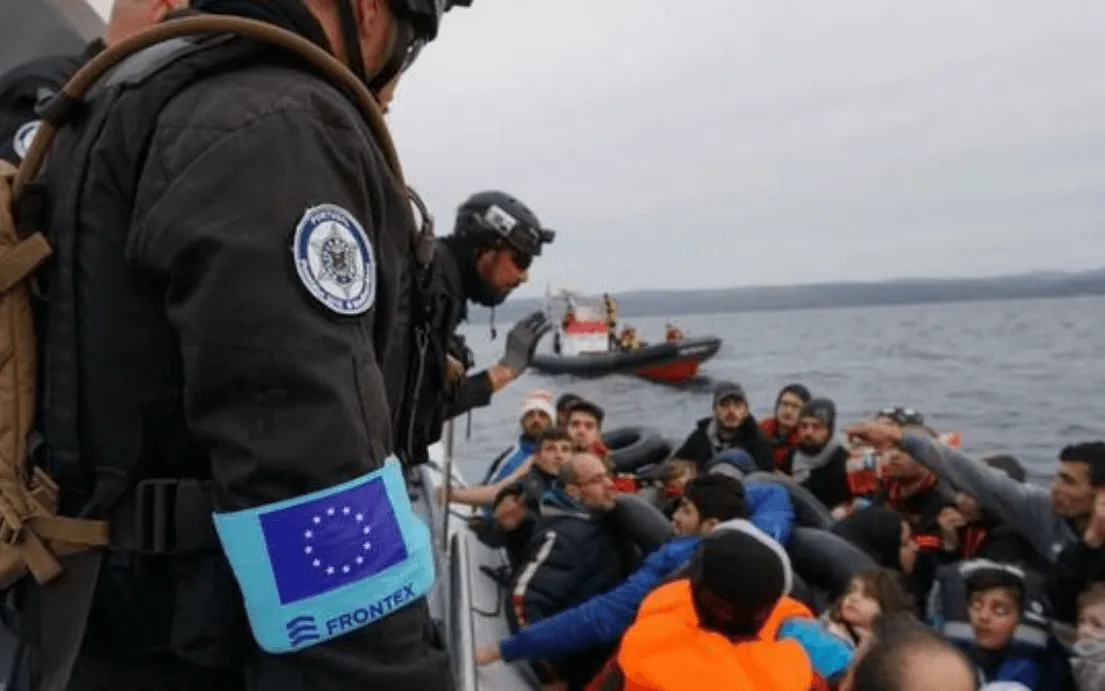
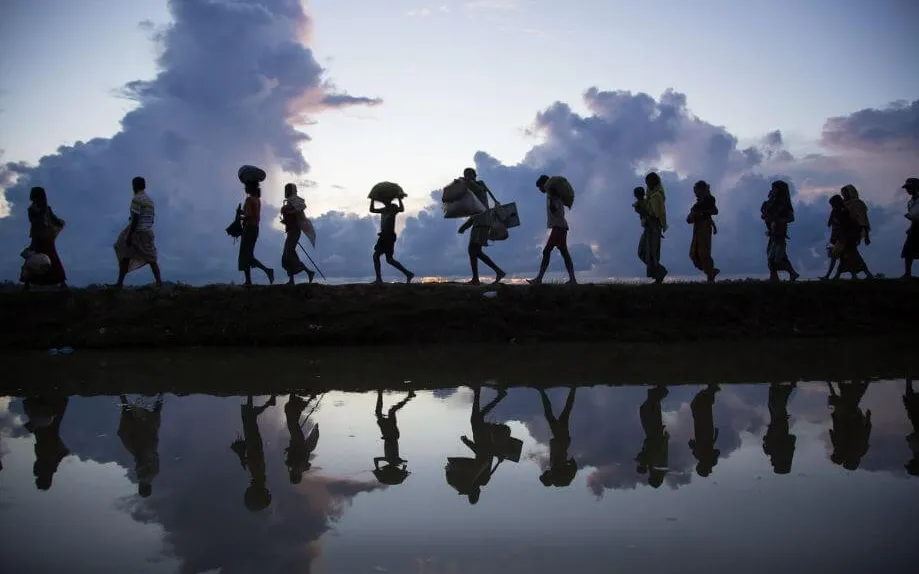



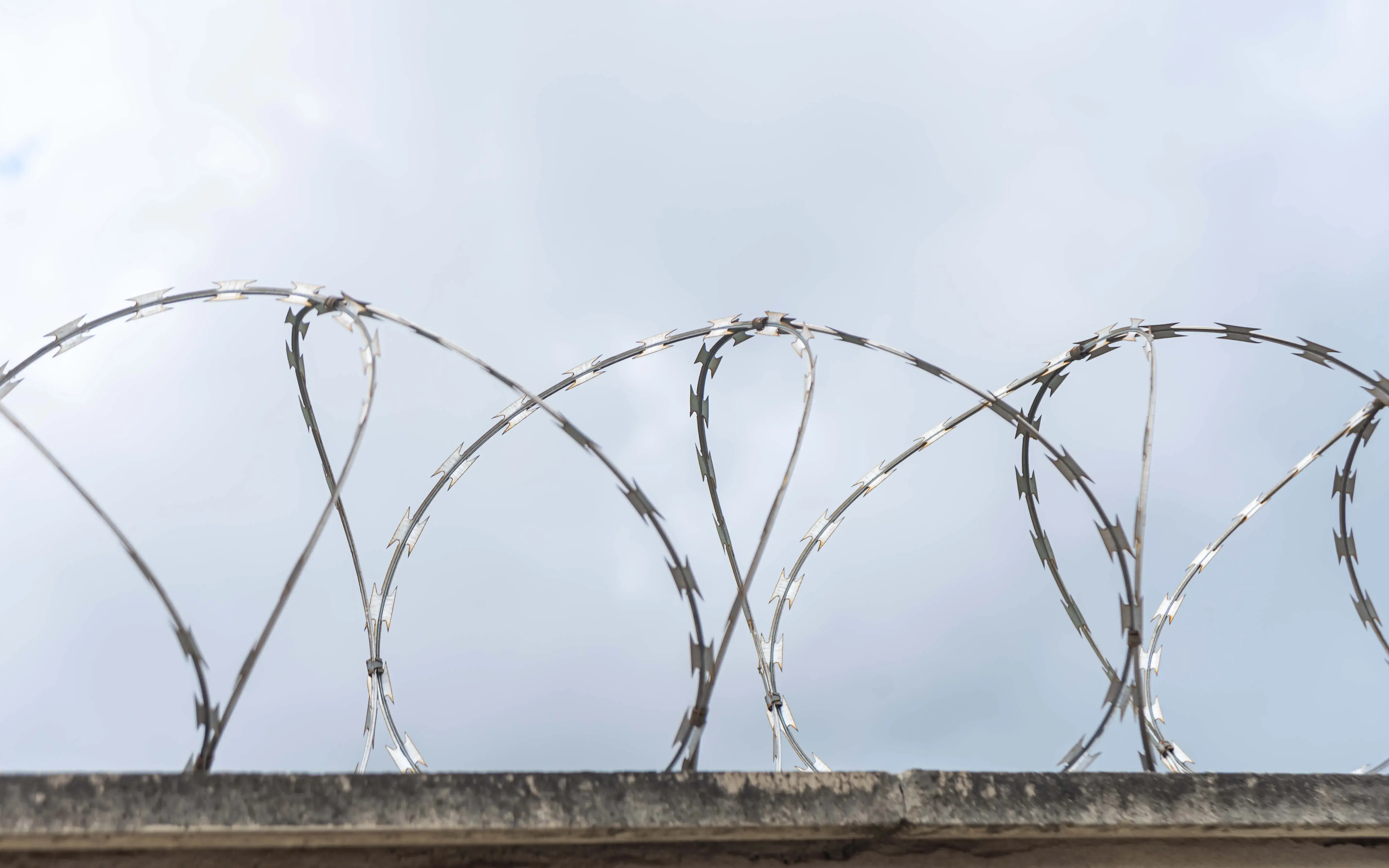

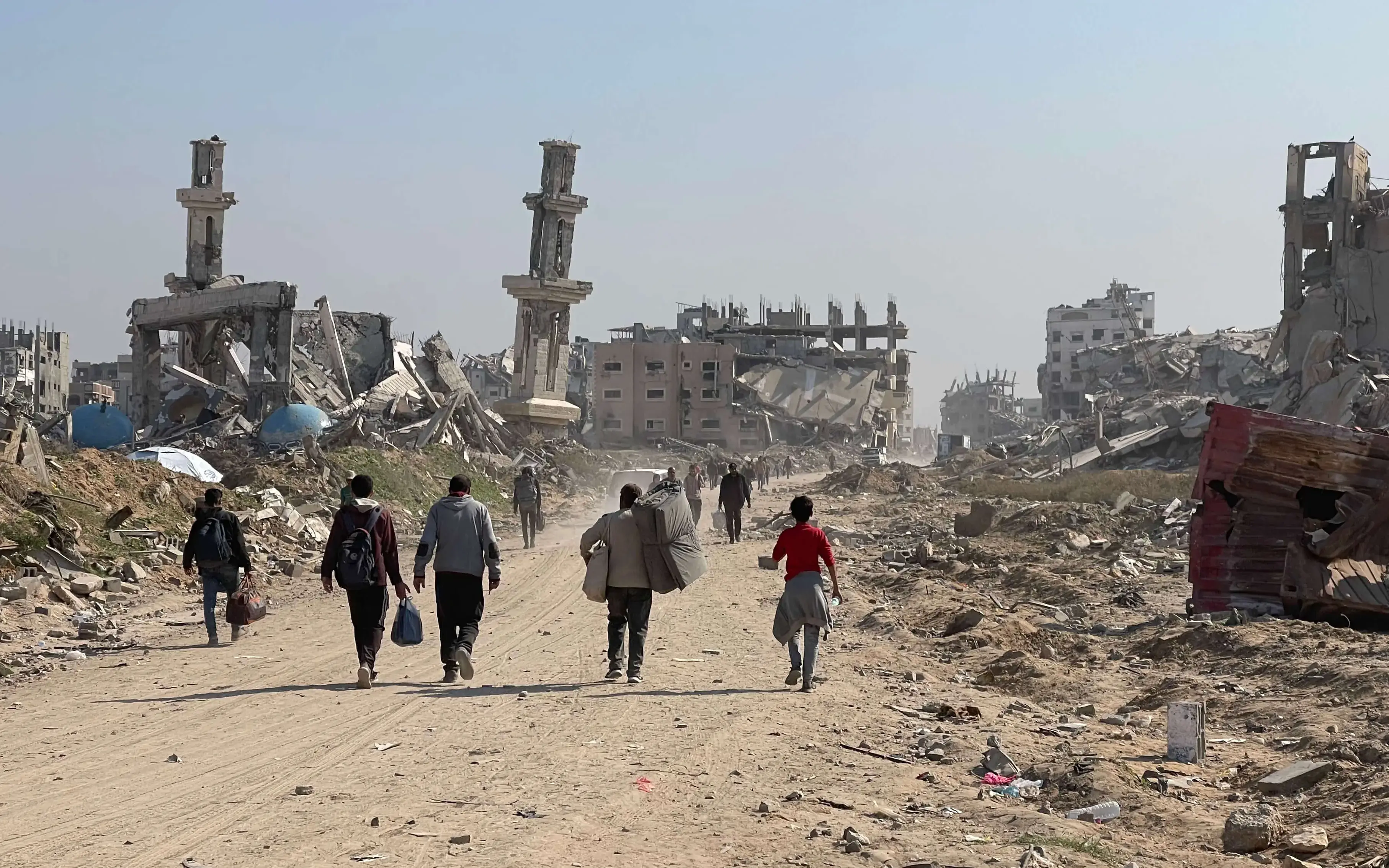
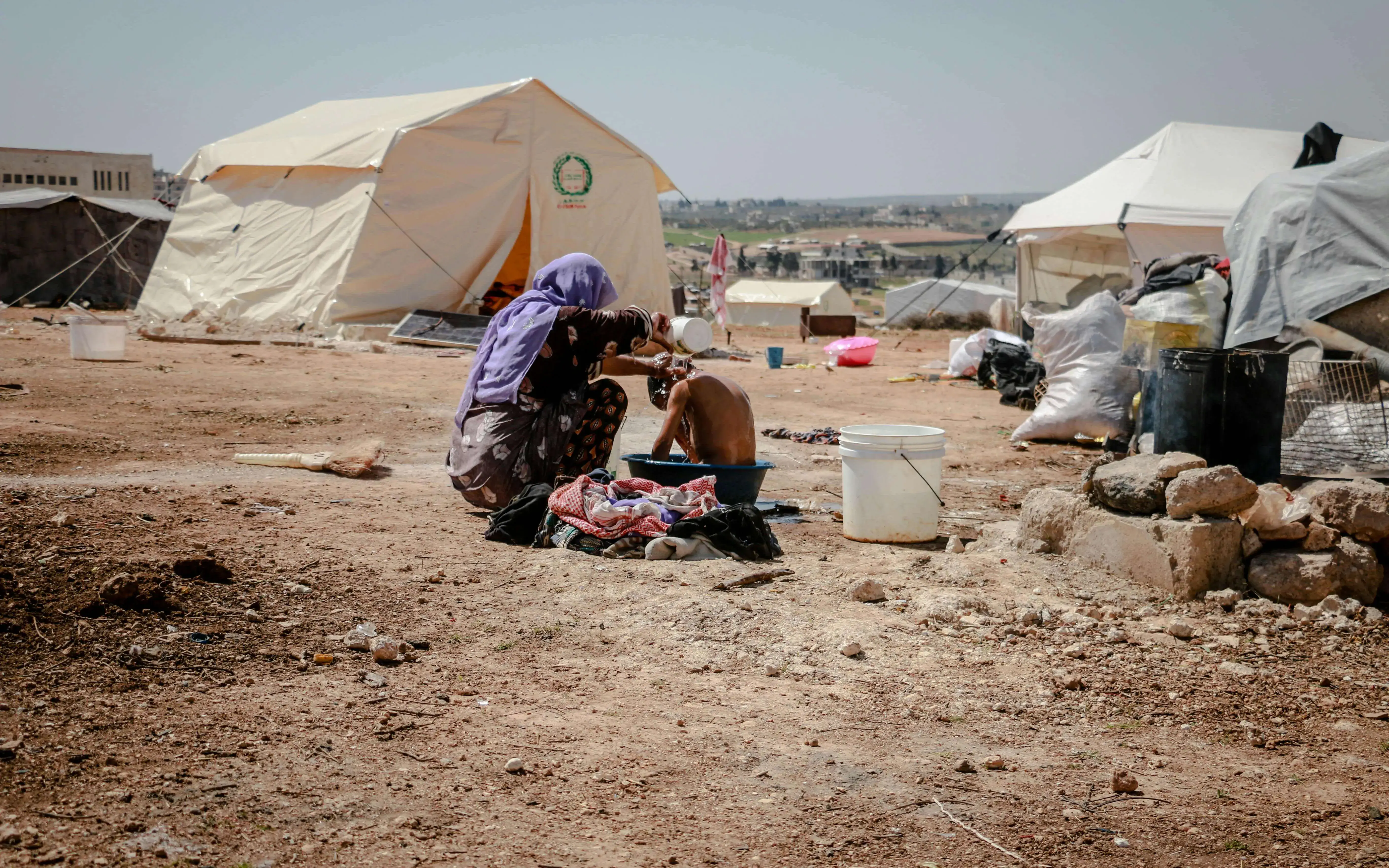
Add new comment